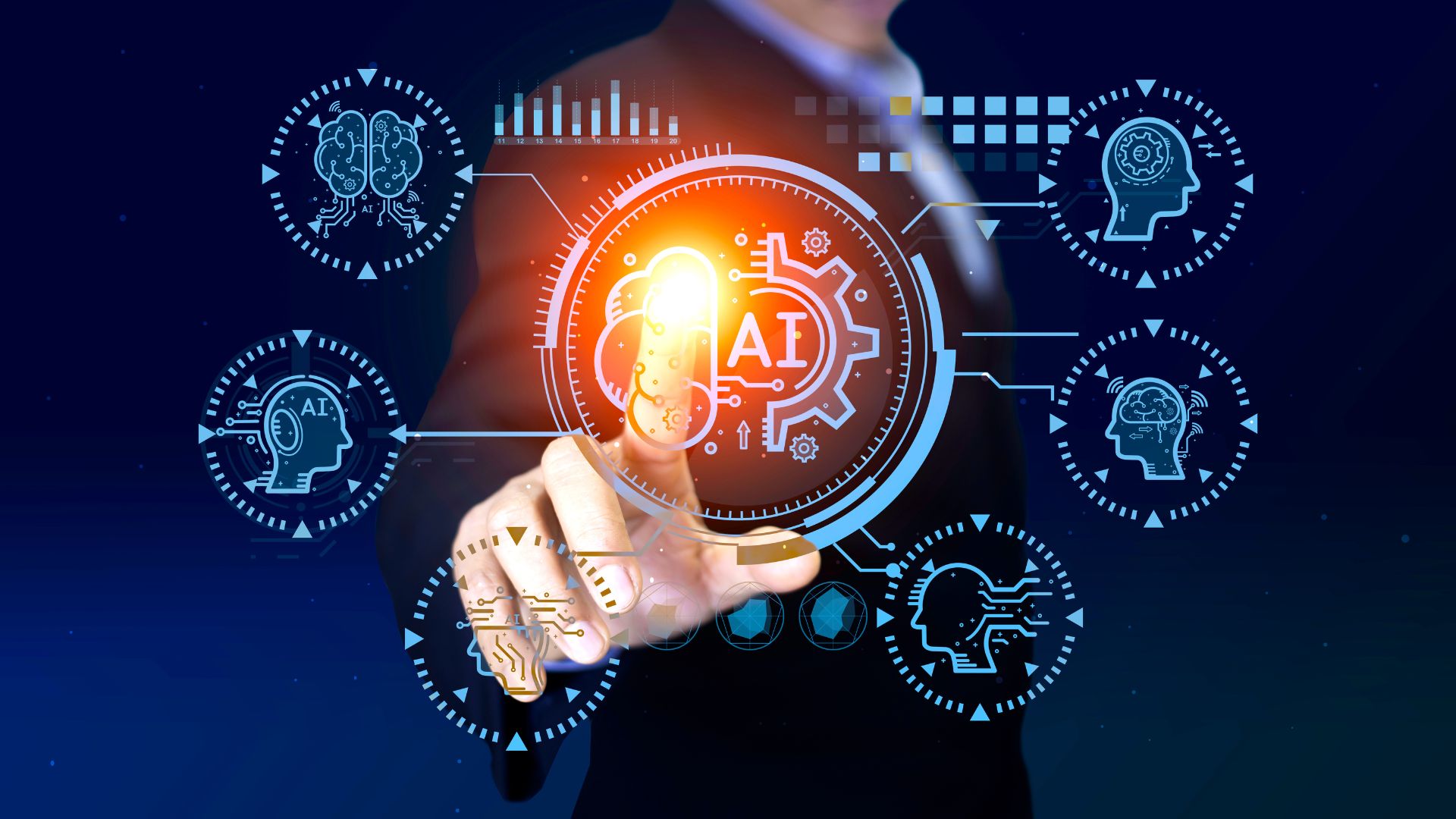The Future of AI Development: Trends and Opportunities in 2025

Artificial Intelligence continues to evolve at an unprecedented pace, with 2025 marking a pivotal year for developers and businesses alike. The landscape of AI development is transforming, offering new opportunities and challenges that will define the next decade of technological advancement.
The Rise of Multimodal AI Systems
One of the most significant trends we're observing is the widespread adoption of multimodal AI systems. These sophisticated models can process and understand multiple types of data simultaneously – text, images, audio, and video – creating more intuitive and powerful applications.
Developers are now building applications that can: - Analyze documents with both text and visual elements - Generate content across different media formats - Provide more natural human-computer interactions - Create immersive educational and entertainment experiences
Democratization of Machine Learning
The barrier to entry for AI development has never been lower. Modern development tools and frameworks are making machine learning accessible to developers without extensive AI backgrounds.
Key developments include:
No-Code/Low-Code AI Platforms: Visual interfaces allow developers to build and deploy AI models without writing complex algorithms.
Pre-trained Models: Robust, pre-trained models are available for common tasks like natural language processing, computer vision, and speech recognition.
Cloud-Based AI Services: Major cloud providers offer AI services that can be integrated into applications with simple API calls.
Edge AI and Performance Optimization
As mobile and IoT devices become more powerful, we're seeing a shift toward edge AI – running AI models directly on devices rather than in the cloud. This trend offers several advantages:
- Reduced latency: Instant responses without network delays
- Enhanced privacy: Data doesn't need to leave the device
- Offline functionality: AI features work without internet connectivity
- Cost efficiency: Reduced cloud computing costs
Ethical AI and Responsible Development
The AI development community is increasingly focused on building responsible and ethical AI systems. This includes:
- Bias detection and mitigation: Tools and frameworks to identify and reduce algorithmic bias
- Transparency and explainability: Making AI decisions more interpretable
- Privacy-preserving techniques: Methods like federated learning and differential privacy
- Sustainable AI: Developing more energy-efficient models and training processes
The Developer's Toolkit for 2025
Modern AI developers have access to an impressive array of tools and frameworks:
Popular Frameworks:
- TensorFlow and PyTorch: For deep learning development
- Hugging Face Transformers: For natural language processing
- LangChain: For building applications with large language models
- OpenAI APIs: For integrating advanced AI capabilities
Development Environments:
- Jupyter Notebooks: For experimentation and prototyping
- Google Colab: For free GPU access and collaboration
- GitHub Codespaces: For cloud-based development environments
Looking Ahead: Opportunities for Developers
The AI revolution presents numerous opportunities for developers willing to adapt and learn:
- AI-First Applications: Building applications that leverage AI as a core feature
- Custom AI Solutions: Developing specialized AI models for specific industries
- AI Integration Services: Helping businesses integrate AI into existing systems
- AI Ethics and Safety: Specializing in responsible AI development practices
Conclusion
The future of AI development is bright and full of possibilities. As we move through 2025, developers who embrace these trends and continuously learn new skills will be best positioned to create the next generation of intelligent applications.
Whether you're just starting your AI journey or looking to expand your expertise, the tools and opportunities available today make it an exciting time to be involved in artificial intelligence development.
The key is to stay curious, keep learning, and focus on building AI solutions that genuinely improve people's lives and solve real-world problems.